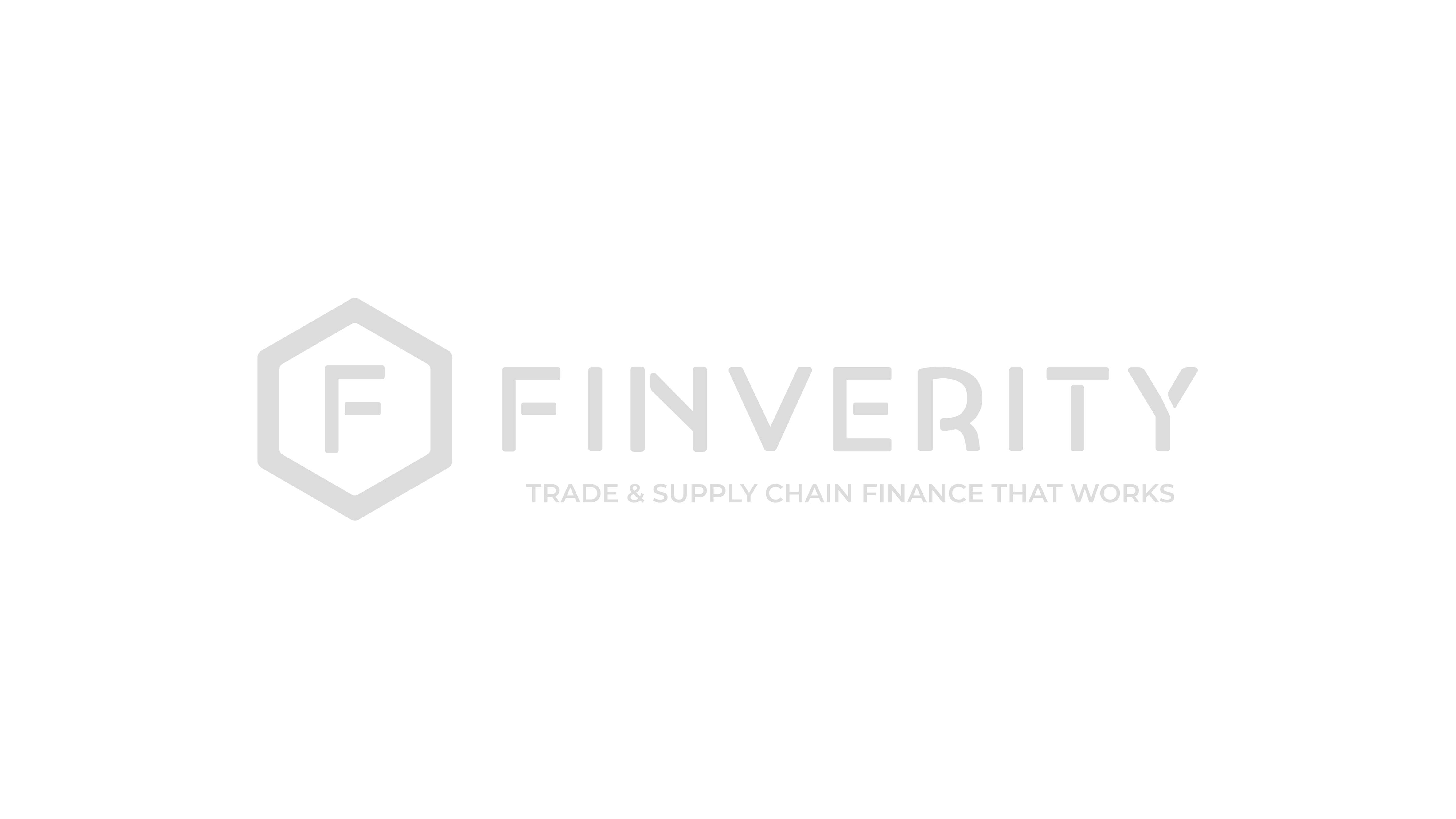Recourse to Supplier
Recourse to supplier refers to a situation where you as the financier have the right to demand repayment from the supplier if the buyer fails to pay or defaults on the agreed payment terms.
Essentially, the financier holds the supplier liable for any default or non-payment.
Product | Typical Setup with Recourse | What it Means |
|---|---|---|
Reverse Factoring (Payables Finance) | Supplier receives early payment from the financier, but the financier can claim repayment from the supplier if the buyer defaults. | Supplier is liable if the buyer does not pay; the supplier must repay the financier, often at a discount, making this a higher-risk option for the supplier. |
Approved Payables Finance | Similar to reverse factoring, but with more formal approval from the buyer. The supplier may still be liable for repayment if the buyer defaults. | Supplier is at risk for buyer's non-payment. The supplier must repay the financier, even if the buyer does not honor the payment terms. |
Supplier Financing | The supplier is typically responsible for repaying the financier if the buyer does not pay the invoice within the agreed terms. | Supplier is accountable for the buyer's failure to pay, which increases the supplier's financial risk. |
Receivables Factoring (Without Recourse) | The supplier sells the receivables to the financier and is not liable for repayment if the buyer defaults. | No recourse to the supplier: The financier assumes the risk of buyer default, meaning the supplier is not responsible for non-payment by the buyer. |
Receivables Factoring (With Recourse) | The supplier sells the receivables to the financier but retains the obligation to repay the financier if the buyer defaults. | Recourse to the supplier: The supplier must repay the financier if the buyer does not pay the invoice, making it a higher-risk financing option for the supplier. |
